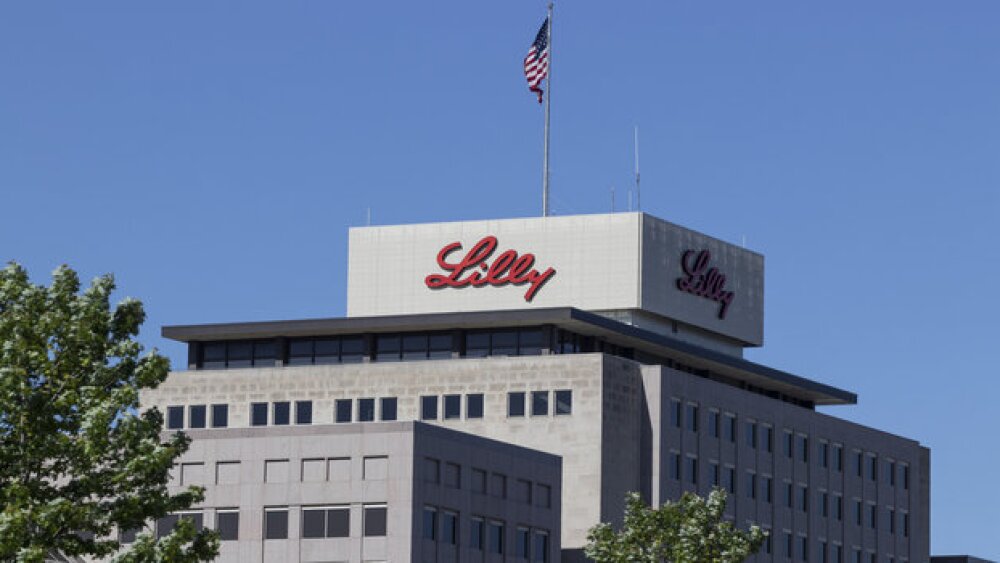Eli Lilly’s request to intervene in a suit filed by compounding pharmacies against the FDA reflects a belief the outcome could affect its business and that the FDA does not adequately represent its interests.
Eli Lilly filed a motion on Jan. 1 to join a lawsuit over whether copies of its GLP-1 drugs can be made by and sold by compounding pharmacies, arguing that it needs to take part in the case to defend its interests.
The Outsourcing Facilities Association, which represents sites that make compounded medicines, and the Texas-based compounding pharmacy FarmaKeio Custom Compounding filed the lawsuit in October. The plaintiffs are suing the FDA over the removal of tirzepatide, the GLP-1 drug Lilly sells as Mounjaro and Zepbound, from the agency’s shortage list that month. While tirzepatide was on the shortage list, compounding pharmacies were able to legally make and sell the patent-protected drug in order to meet demand. In December, the FDA posted a declaratory order that confirmed the end of the shortage and gave compounding pharmacies 60 to 90 days to stop making tirzepatide.
Lilly’s request to intervene, which was first reported by Reuters, argues that the lawsuit could affect its interests and that none of the existing parties adequately represents those interests. The FDA is the defendant in the case, but Lilly identified areas where its interests diverge from those of the agency.
“While Lilly has no doubt that FDA will defend its declaratory order, FDA has different interests than Lilly as FDA is a government agency tasked with administering the policy goals and objectives of the federal government, creating a reasonable possibility that FDA will not ‘adequately represent [Lilly’s] interest[s]’,” the drugmaker wrote in its legal filing.
Lilly is also concerned that the FDA may disagree with its interpretation of a section of the Food, Drug and Cosmetic Act about drug compounding. The company asserts that the law does not allow compounding pharmacies “to manufacture copies of commercially available drug products—and that conclusion does not turn in any way on whether tirzepatide is currently on the shortage list.”
The law says state-licensed pharmacists can make “essentially a copy” of an FDA-approved medicine if the product is not “commercially available,” Lilly said. Citing “legislative history and statutory text,” Lilly said that “commercial availability is not the same as a drug shortage,” but the FDA may see things differently.
“Plaintiffs have alleged that FDA disagrees and has chosen to allow compounding pharmacies to mass-manufacture copies of commercially available drugs if they are on the shortage list,” Lilly said. “If Plaintiffs are correct, no party in this litigation adequately represents Lilly’s interest in seeing the appropriate application of section 503A for tirzepatide.”
The lawsuit is advancing in parallel to regulatory actions. The FDA has given state-licensed pharmacists or physicians compounding under section 503A until Feb. 18 to stop making tirzepatide. Outsourcing facilities, which are covered by section 503B of the law, have until March 19 to stop production. The lawsuit represents a challenge to the FDA’s power to remove therapies from the drug shortage list.






